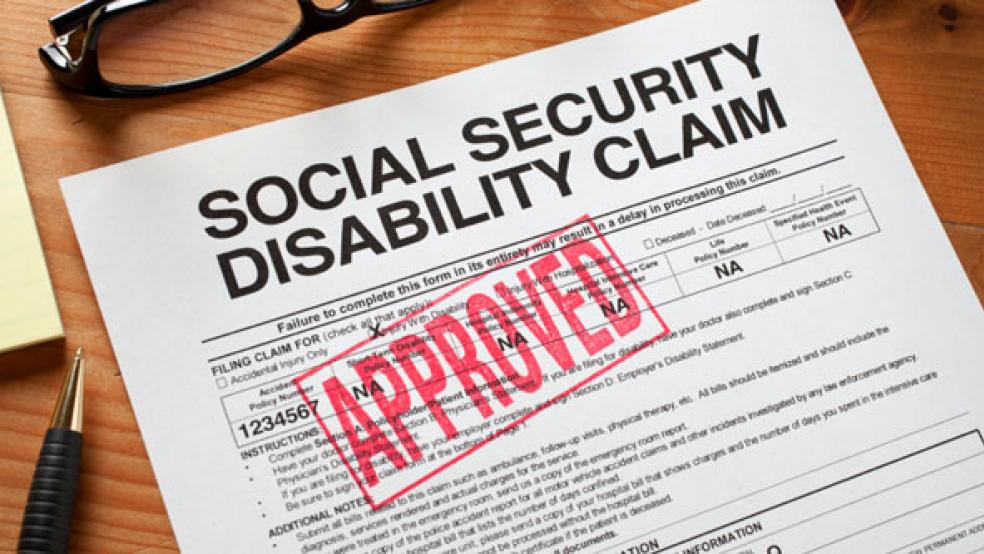Social Security disability claims are being awarded haphazardly—potentially costing taxpayers billions of dollars—as federal officials try to work through a massive backlog of cases, according to a Senate report released Thursday morning.
More than a quarter of approved disability claims made by administrative law judges “failed to properly address insufficient, contradictory, or incomplete evidence” from applicants who had already been rejected twice before, according to the 18-month analysis for the Senate Permanent Subcommittee on Investigations.
“You could flip a coin for anybody who came before the Social Security commission and get it right just as often,” said Sen. Tom Coburn, R-Ok., ahead of the subcommittee hearings Thursday about the management of a $128 billion a year program on its way toward hitting insolvency by 2016.
The report reviewed 300 approved claims in Alabama, Oklahoma and Virginia, documenting questionable practices by the administrative law judges who are moving appeals through the system—while applications increase as Americans left jobless by the Great Recession are now filing for disability.
In Oklahoma, the administrative law judge Howard O’Bryan, age 87, approved 5,401 disability claims from 2007 to 2009, committing taxpayers to $1.6 billion in expenditures. The investigation detected a “strange pattern” in which applicants denied for physical ailments would later successfully appeal listing their disability as “mental retardation.”
The report quotes administrative judge Thomas Erwin from Virginia as saying that lawyers for some claimants provided a “store bought opinion” from a medical professional. In those instances, “my Spidey sense goes off a little,” Erwin said.
Coburn, who is also a medical doctor, said he personally reviewed 100 of the applications. “Seventy five percent of the cases I went through, people were not truly disabled,” he said, adding that the goal of the investigation is also to ensure that those with genuine disabilities have access to a program where approvals can take as long as two years.
The findings of the report have bipartisan support, but the recommended fixes—such as having a government representative appear at the administrative hearings—have not been endorsed by the subcommittee chairman Sen. Carl Levin, D-Mich., according to one of his aides.
Unlike traditional courts with an adversarial process featuring a plaintiff and defendant, the administrative judges for disability insurance currently make decisions based with only the applicants and their lawyers arguing the case.
The report fits into a broader trend of whether a social safety net program designed to help those physically unable to work has been undermined by the combination of high unemployment and its own bureaucratic guidelines. The Government Accountability Office recently found that 117,000 Americans received both disability and unemployment checks in fiscal 2010.
Coburn said he first learned about program abuses after he hired a man to clear the trees in his yard knocked down by a fierce storm. The individual asked that the check be written to his mother, since he was on disability despite being able to shimmy up tree trunks.
The senator said he refused to cooperate in the scheme, and the man he hired later reported himself to the government.
“If you give someone disability who isn’t disabled,” Coburn said, “you haven’t helped them.”


